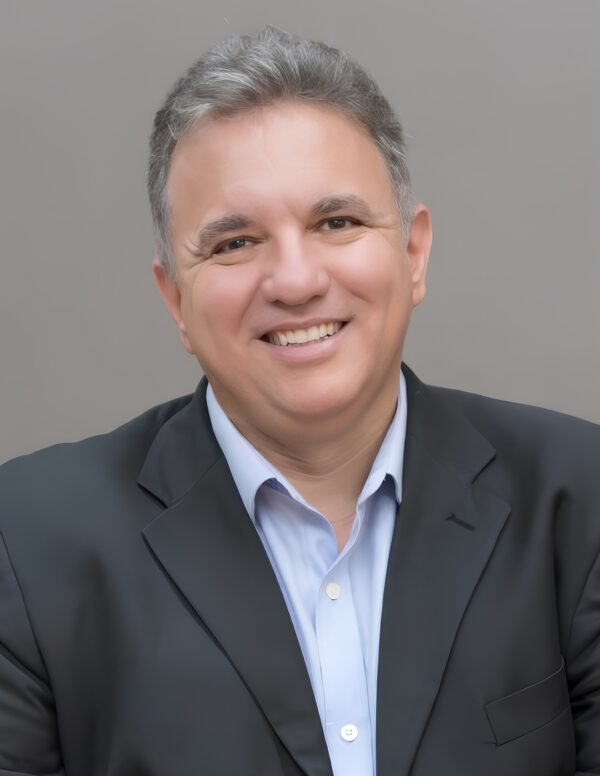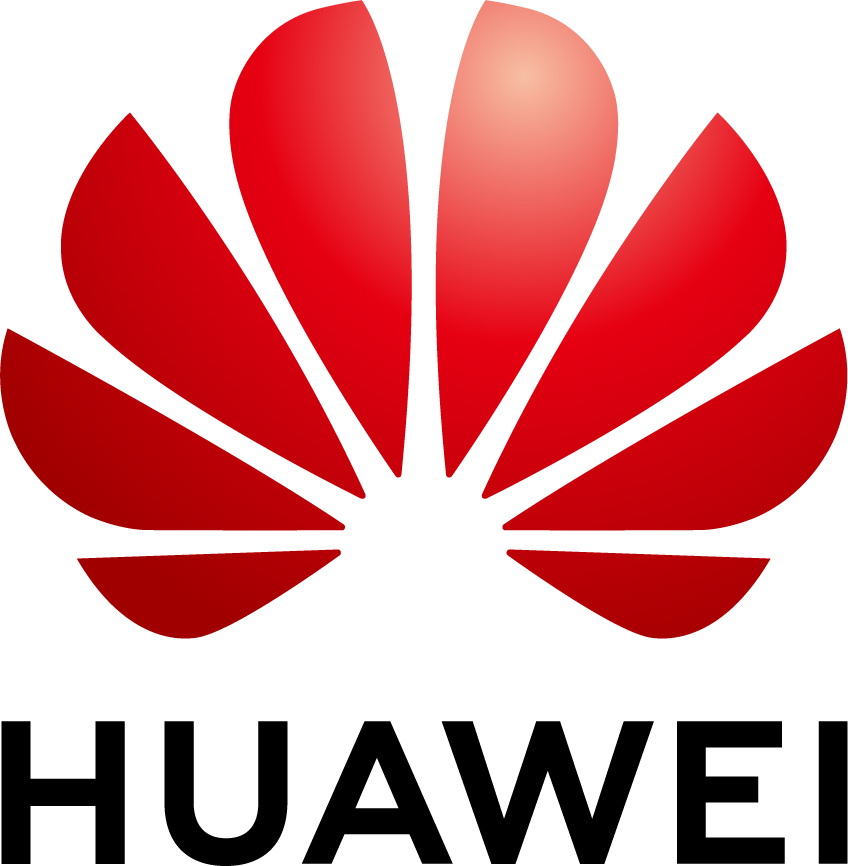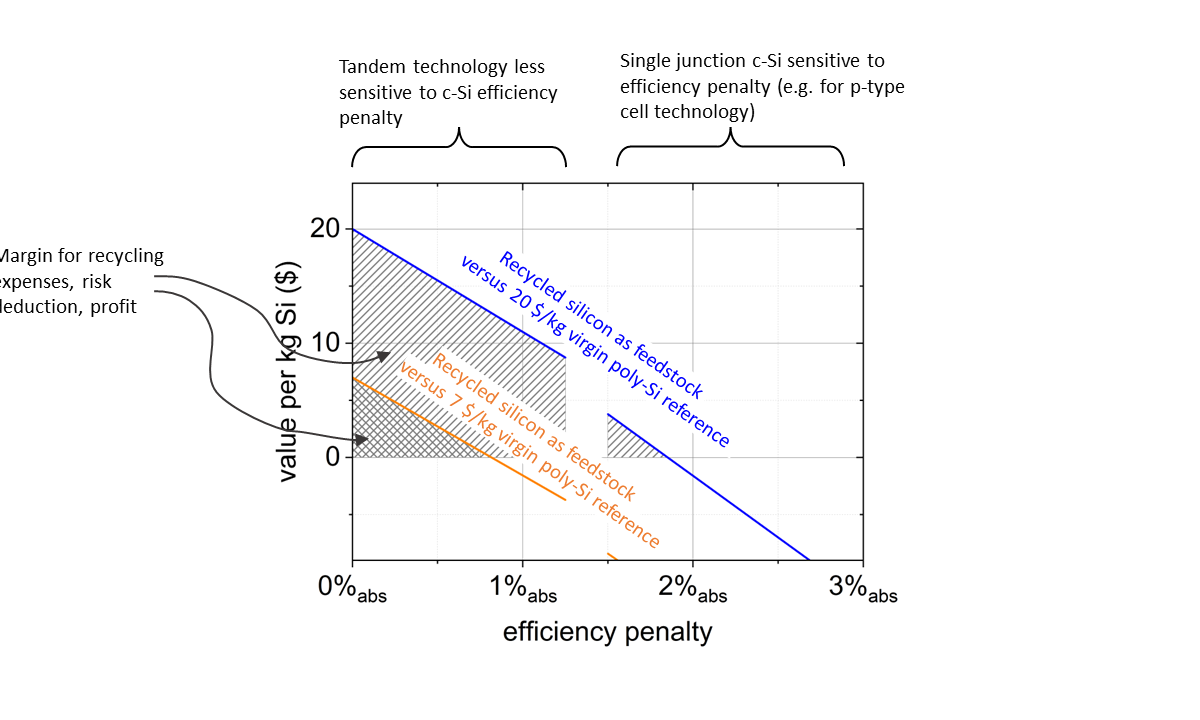What factors led Matrix Energia to launch the energy-as-a-service (EaaS) business?
Our goal is to allow clients to focus on their core business, leaving Matrix responsible for the electrical infrastructure. We believe this approach brings more efficiency, as clients can allocate their resources to their main activities while we handle the energy supply, either through the free energy market or with flexible solutions such as energy storage systems.
Can you describe grid reliability issues faced in Brazil and how this affects consumers at all levels?
Both in Brazil and globally, we have seen an increase in extreme weather events, which often compromise energy availability. Recently, for example, in São Paulo, neighborhoods like the East Zone and part of the North Zone experienced difficulties with energy distribution during severe weather events. Our role is to provide secure and stable infrastructure, ensuring that our clients, who are connected to the grid, are not affected by such disruptions.
How important is energy storage to the growth of renewable energy technologies in Brazil?
Energy storage is crucial for complementing renewable energy sources, which are intermittent and not always available. For instance, there is no solar energy generation at night. With storage systems, we can ensure that renewable energy is accessible at any time, making it dispatchable and continuously available, which strengthens the presence of these technologies in the market.
Do you have any projects that you would like to highlight?
The project installed at Frigorífico Cofril represents a significant milestone for Matrix. It is a battery energy storage system (BESS), provided by Huawei, with a capacity of 2 MW of power and 4 MWh of storage, implemented at the Atílio Vivácqua unit in Espírito Santo. This installation is part of our strategy to offer cutting-edge technological solutions that provide not only cost savings for the client but also greater security and flexibility in energy management.
The storage system helped Frigorífico Cofril reduce its energy costs, especially during peak hours when tariffs are higher. In addition, it provided greater stability and reliability in the energy supply, protecting the client from grid interruptions and ensuring continuous operation, even during adverse weather conditions. The inclusion of the storage system further strengthened our partnership with Cofril. Since the client joined the Free Energy Market with us in 2020, this new phase with the BESS was a natural evolution to optimize operations and bring even more benefits. Cofril was extremely satisfied with the system’s performance, both in terms of cost savings and operational security.

Image: Huawei
What has been your experience partnering with Huawei, and how have the company's technologies supported your PV projects in the country?
Our partnership with Huawei has been very positive. The quality of their products and the level of service we’ve received have exceeded our expectations. The equipment already in operation has shown complete reliability and performance beyond what was initially projected. Huawei's energy storage solution is fully aligned with the principles of sustainability and innovation that we uphold at Matrix. Huawei provides us with both technical and commercial support, making this collaboration extremely beneficial.
The BESS complements renewable energy sources, allowing our clients to have continuous access to clean and dispatchable energy, even outside solar generation periods, for example. This not only ensures a more eco-friendly operation, but also contributes to the decarbonization of the Brazilian electricity sector, promoting a more sustainable future for all.
How are BESS technologies helping to achieve cost savings not only for energy providers but also for the end consumers?
The BESS is a new innovation that entered the Brazilian market at the beginning of 2024, the year in which Matrix Energia also celebrates its 10th anniversary. The launch of this system, in partnership with Huawei Digital Power, promises to transform the Brazilian energy landscape. Focused on offering the best electrical energy solutions to our clients, we are investing in this innovative system and offering its installation at no cost to our clients. Storage systems help reduce not only the cost of energy itself but also related costs, such as demand, wire availability, and capacity. These systems also help balance the grid, providing more stable energy for our clients.
Matrix Energia offers the system to clients free of charge, reinforcing our commitment to accessibility and quality. We manage the entire BESS system, which is enhanced by a Huawei digital platform that provides real-time visibility of energy performance. Our initiative, in partnership with Huawei, not only meets current demands for renewable energy but also sets new standards for efficiency and sustainability, revolutionizing the energy market and proving that innovative solutions are essential for the future.
Is there anything specific you would like to add regarding the use of Huawei's technologies for Matrix Energia projects?
I would like to highlight Huawei's commitment to innovation. Recently, our board visited the manufacturer's headquarters to learn about the product roadmap and the technological innovations planned for the coming years. We were impressed with the level of investment in the development of high-tech equipment. We are confident that we have chosen the right partner to drive this new sector in Brazil, offering our clients the most advanced and reliable energy storage systems available.
This article appeared in the Huawei Corporate Edition 2024. You can access and read the entire edition here.
This content is protected by copyright and may not be reused. If you want to cooperate with us and would like to reuse some of our content, please contact: editors@pv-magazine.com.




By submitting this form you agree to pv magazine using your data for the purposes of publishing your comment.
Your personal data will only be disclosed or otherwise transmitted to third parties for the purposes of spam filtering or if this is necessary for technical maintenance of the website. Any other transfer to third parties will not take place unless this is justified on the basis of applicable data protection regulations or if pv magazine is legally obliged to do so.
You may revoke this consent at any time with effect for the future, in which case your personal data will be deleted immediately. Otherwise, your data will be deleted if pv magazine has processed your request or the purpose of data storage is fulfilled.
Further information on data privacy can be found in our Data Protection Policy.